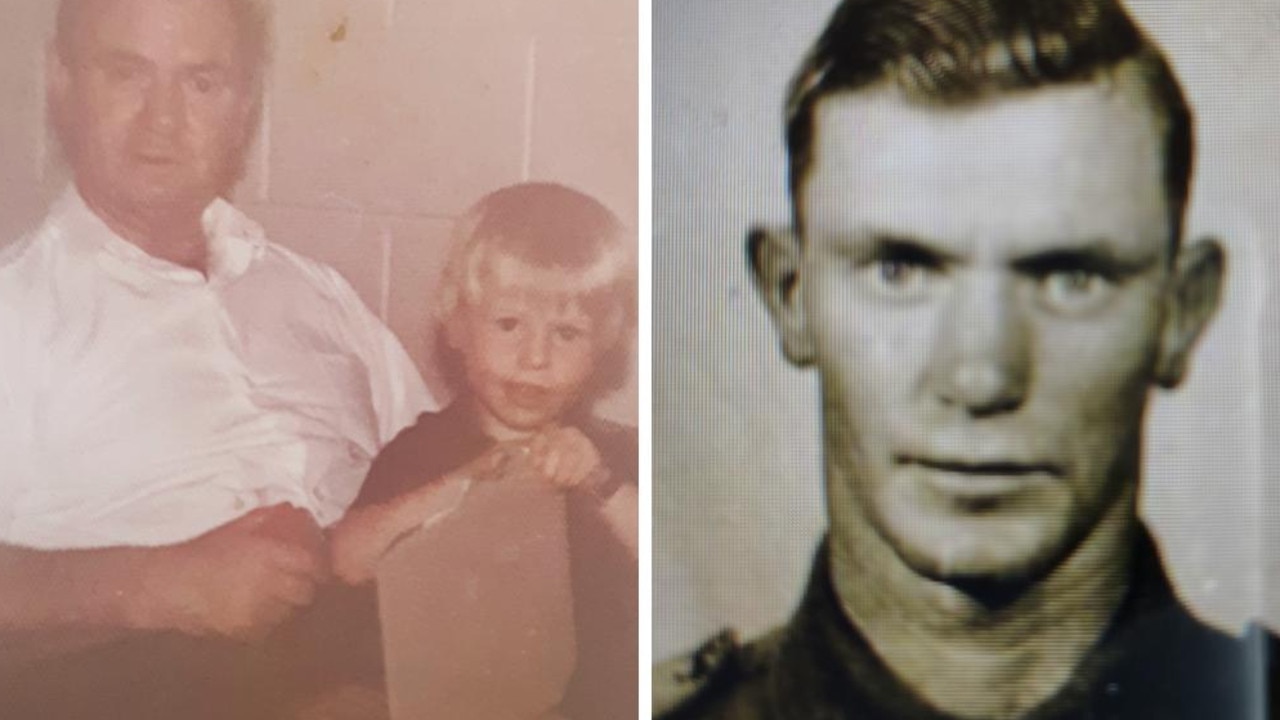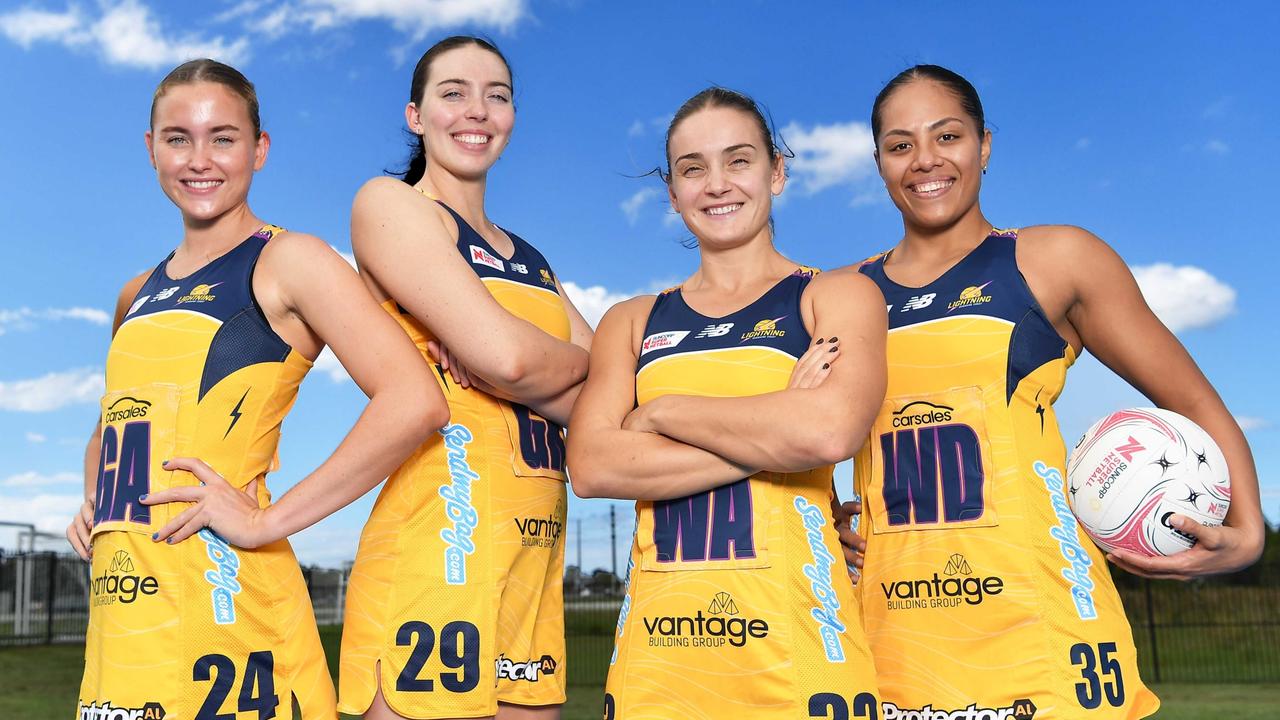University of Sunshine Coast launches flying taxi project with 2030 aim
Experts have launched a new project with the aim for AI-piloted flying taxis to be in the sky before 2032, with $50 fares for travel between the Sunshine Coast and Brisbane.

Community News
Don't miss out on the headlines from Community News. Followed categories will be added to My News.
Pilotless taxis could be flying between Sunshine Coast and Brisbane from 2030, if a student-led project goes to plan.
The University of Sunshine Coast project launched on Wednesday aims to create an electric flying taxi that can travel at speeds of up to 250km/h and transport travellers to Brisbane in less than 30 minutes.
A fare would cost about $50.
Project members have set an ambitious deadline of delivering passenger-ready aircraft before the Brisbane Olympic and Paralympic Games in 2032.
Experts, industry partners, university and high school students met at the Sippy Downs campus on Wednesday, August 23, to launch the electronic vertical takeoff and landing vehicle project.
Aeronautical engineer and UniSC special projects lead Tim Kelly said similar concepts have already been developed and trialled globally.
“There are a lot of them already, I think that with enough testing, it‘s something that can be absolutely achieved,” Mr Kelly said.

According to Mr Kelly, the first of its kind aircraft for the Sunshine Coast will also feature a new approach to vertical takeoff and landing.
“Most aviation air taxis will have a different propulsion system for vertical takeoff and landing than they do for forward flight or they‘ll have pretty complicated systems, which are either tilt wing or tilt rotor, so what we were looking to do is to break the mould on both of those things,” Mr Kelly added.
“We will be looking to get rid of the redundant systems, but also make it significantly more structurally simple.
“So that is how we came up with the concept of the quadcopter, fox wing with a reclining seat, if you like for the occupant.”
Mr Kelly added that the hardest part of the project will be building public trust in AI-piloted aircraft.
“Ironically, the technology is not the hard part, the regulatory aspects of it and social acceptance is a lot harder,” Mr Kelly explained.
“If you look at what all the autonomous, driverless cars are going through at the moment, it’s going to be similar in terms of scope and scale to that.
“I think probably one of the advantages of a pilotless air taxi, is that autopilot systems have been available and have been proven for decades.”
UniSC engineering discipline lead Dr Adrian McCallum said the project is accessible for interested students across multiple disciplines.
“There is an opportunity for everyone here to learn something new,” Dr McCallum said.
“The project will cover a whole array of activities from the technological, technological aspects to the regulatory aspects.”

Dr McCallum added that the enthusiasm of project members was sky-high at the group’s inaugural meeting.
“It was fantastic, we had a great array of talent from the Sunshine Coast and interstate here, we had some staff from USC, we had industry representatives, we had mentors from industry, as well as university and high school students,” Dr McCallum mentioned.
“We’re very proud and pleased that this has kicked off so well and we’re really looking forward to the goals we will kick down the track.”
Dr McCallum explained that project members will take part in regular meetings to ensure the eVTOL takes flight.





